Alright, so I went over all the good stuff in the last post. The stuff that got me results, the things that helped me improve and achieve jazz piano freedom.
If you want to read Part 1 of this 3-part Series, click here to read “My Jazz Piano Freedom:What’s Helped & Hurt.”
That post covers 14 big lessons that helped me achieve jazz piano freedom in my playing, and more importantly, true happiness in life. I’m able to share my music with others confidently, teach others confidently, and spread joy throughout the world and touch the lives of others.
Does that sound dramatic? Maybe, but through my entire journey, I’ve learned that the secret to true happiness is giving. And that’s exactly what I can do with my music.
But let’s get something straight: this post is really the one you WANT to read.
And I really can’t blame you. This is the fun stuff.
Did I have an obsessive urge to learn jazz piano? Yes.
Was I born with natural talents and touch to dish out the most killing jazz ever like Joey Alexander? No
Very, very far from it.
I stunk. For a VERY long time. And it’s not like I didn’t practice.
I really wasn’t good!
Like I said, it was a good thing I was obsessed with learning the other music because I went through hell and high water to learn how to play.
I DO NOT RECOMMEND my journey to anyone else. But, unfortunately, that’s what most people have to do these days with the traditional jazz education learning style. And this is why most students end up quitting.
Somehow I forged ahead, had a learning epiphany, and was able to develop a system that completed propelled my playing forward. (More on that to come.)
But for years I stunk and now, when I look back, I can -without fail- pinpoint the main reasons why!
So, enough talk. Here they are…
“The Top Ten Things To Do To Make Sure You Never Get Good At Jazz Piano.”
1. Do It Yourself
When I first started listening to jazz, like all people learning a new skill, I stupidly thought to myself, “I could probably do this. How hard could this be?”
And yes, I was an idiot. Now, let’s be real, it’s not that my brain ACTUALLY thought, “This sounds easy.”
It was really my obsessive nature to go after something I wanted that allowed me to think I could learn jazz piano myself.
As long as something or someone told me what to do, I would follow the instructions and make it happen.
Off I went to the library and bookstore. I brought home about 10 different jazz piano books and got to work.
Little did I realize, there was a lot more that went into learning jazz piano I hadn’t accounted for.
To name a few, accountability, structure, practice materials, order of learning, implementation, what to practice, how to practice, how to learn, what to learn first…
I could go on forever but I quickly realized this was not something I could do on my own.

Even after a year I continued to try and watch videos, read articles, use books, practice random things I thought would help.
Still, I was terrible. This pretty much wasted the first 2 years of my career.
,
Oh, if only I could take those 2 years back and get some properly structured jazz education.
But oh well. Here we are, and here I’m warning you…
You can not- will not be able to teach yourself properly.
2. Learn Random Pieces Of Jazz Information From Random Resources
I want you to do me a favor.
I want you to imagine 100 doors in front of you.
Now I want you to imagine someone giving you a bucket of keys.
You have no idea what key goes to which door.
Is this going to be helpful?
Of course not- it may drive you mad!

Because you have all the keys in front of you, but you have no idea which key unlocks which door!
I would never want to be put in this situation. Have all these keys at my fingertips but being forced to try each individual key in every single door.
Oh wait, this was the EXACT situation I went through.
You see 99% of the jazz education world gives us keys.
We’re given licks.
We’re given voicings.
We’re given transcriptions.
We’re shown 2-5-1 movements.
We’re given two hand voicings.
We’re given chord substitutions.
But NONE of the information ever seems to lead down an organized path to success.
We get hundreds of keys but have no idea how to actually use them to unlock doors.
This is what happens when we learn from youtube videos, books, different teachers.
I went through this for years. I had so much STUFF I could play.
But could I actually sit down and express myself freely?
Absolutely not.
I could play one arrangement of a tune I had copied. I could play a couple licks over another tune.
I could play some cool voicings in one spot of a tune. I could even play cool voicings by them self because I had no idea where they actually fit into a tune.
You see what I”m getting at?
I stunk because I had learned all this information but none of it connected to teach me the big picture.
By learning random pieces of the puzzle I had actually confused myself more, and elongated my learning process because I now had no idea what to do.
I was completely wrong in my journey to think I could gather information from all different types of resources and expect to make some sense out of it.
3. Trust That Your Private Lessons Will Give You A Plan To Reach Your Goals
This is a sensitive topic here that I’m going to tread lightly and ONLY relate to my experiences. But at the end I will ask you one question.
I took 3 years of lessons with my first jazz piano teacher.
At the end of those 3 years I could play 3 tunes. If I Were A Bell, Yesterdays, & Beautiful Love
3 Tunes = 3 Years
Now to be honest, I could play the tunes, but it wasn’t my own stuff. I wasn’t playing them differently every time. I wasn’t expressing myself using the structure of the tune. I wasn’t making it my own.
I was playing the arrangements I had copied from my teacher. He would play the tunes and show me how he played it. Then I would copy him and use “similar ideas.”
“Similar ideas,” right? Yeah, in other words, the same ideas.
So when I played these tunes at home, I was playing what my teacher felt in that moment.
Did that feel good? Heck no!
I wanted to play what I felt in the moment! Not my teacher.
Anyway, let’s run some numbers here.
DISCLAIMER: These numbers are not intended to cause emotional distress but prepare to be shocked.
I took 3 years of lessons at $80 a lesson. Lets say I missed 2 weeks, so 50 weeks total in a year.
So first off, a lesson a week for 50 weeks was 80×50= wait for it…
$4,000!
Yeah, $4,000 a year. Then I took 3 years of lessons.
Soooo, I may be sick…
$12,000 for 3 years of lessons.
I paid $4,000 a tune to copy my teacher’s arrangement. I hadn’t learned any FREEDOM in my playing. I had just copied his arrangements. Gross.

Now some of you may say “Brenden, $80 is way too much to pay for jazz lessons.”
Okay well, first off I was paying $80 because I wanted the best teacher and you know what? That teacher had failed me.
That was at the $80 an hour rate.
So remember as you start paying less, quality goes down.
But let’s say you pay 50 an hour. That’s $2,500 a year. $7,500 for 3 years…
Still Yikes!
What about the cheapest jazz piano teacher you can find at only $15 bucks an hour!
That would be awesome, right!?
That’s still $750 a year. $2,250 for three years. Let’s be honest, anyone teaching jazz piano lessons for $15 an hour is probably a crazy person scamming you.
So to get back to my point…
I spent a RIDICULOUS amount of money (and you may be to) for lessons that didn’t have structure, didn’t have a plan, weren’t organized, had no goals, and taught me only 3 tunes.
Don’t assume just because you are studying with a teacher that you are on the CORRECT track to learn jazz piano freedom.
Don’t think in a year or two or three you’ll be able to go and sit down at a piano and start playing what YOU want, because…
This ain’t always the case. In my learning experience, most teachers teach with little to no organization, plan, or structure, because they don’t know how, or that is how they’ve learned.
Now if you are lucky and have one of the good teacher then fantastic!
But I’ll ask you this: does your teacher have a plan for you jazz piano education?
Think about it.
4. Copy Arrangements & Solos Without Understanding
I want to start this section off by asking you one question:
When has copying someone else ever helped you truly learn a skill?
If I copied someones math homework, did I learn how to solve the equation?
Definitely not.
At the beginning of my career I was always copying. I copied my teachers licks, I copied transcriptions, I practiced transcriptions, I copied voicings off videos, but none of it ever helped me UNDERSTAND how to PLAY jazz piano.
Was there a point in my career where analyzing the solos of great pianists like Keith, Herbie, and Chick helped my playing?
Absolutely! Now it is. Because I can look at it and understand what’s happening. It is no longer copying because I have a clear understanding of WHY they’re doing what they’re doing.
It’s a tremendous difference! I wish someone had explained to me and TAUGHT me early in my journey.
If someone had actually given me the steps, the building blocks, the legos, I could have learned how to put them together, rather then just watching other people do their thing and copying them…
I would have shaved 10+ years of my progress. Seriously, it was that important.
And that’s why I stunk for sooo long.
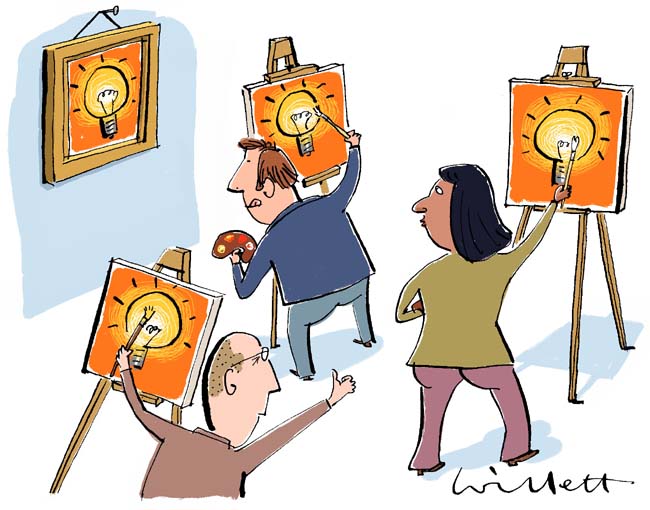
Everyone in the jazz education world tells you to learn licks, copy transcriptions and arrangements.
And that’s exactly what I did but, you know what? Looking back, I wouldn’t have done any of that until I had understood the “WHY” in jazz.
But again, this is why this post is about how I made disastrous mistakes.
5. Believe You Have To Suffer & Grind To Learn Because There Is No Structure
This is a great one. I love The Matrix. Because it’s like the jazz world.
If you’ve seen The Matrix, you’ll know Neo is living in this fictional world, but he believes it to be true because he doesn’t know anything different. It’s only until Morpheus shows him the reality that he starts to realize everything has been a lie.
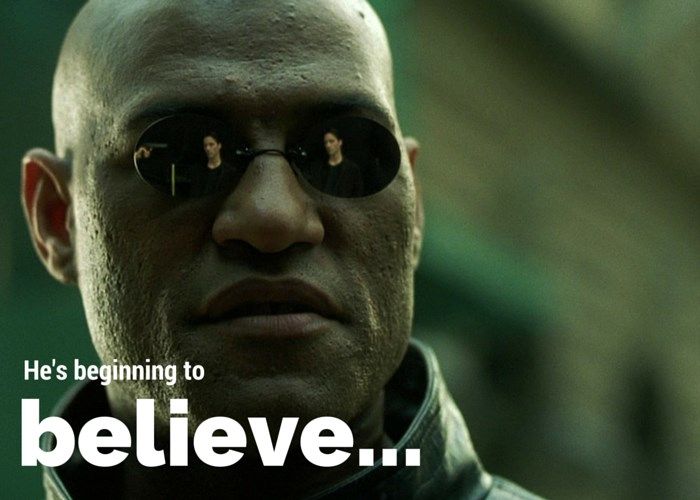
Everyone who starts learning jazz piano usually thinks, “Dang, this stuff is complicated. There’s so much to learn. Guess I just have to jump in, and try and piece it together.”
Then from that moment on, that is what the person believes.
But what if someone approached you and said, “Listen, I have a structured system, a formula to help you learn jazz piano step by step. It involves something I call Theory Sequencing.”
You’d probably go, “Yeah, right. That’s BS!”
But then they’d say, “By taking Theory tools, and progressing them through categories like Technique, Improv and Repertoire with specific building block exercises, we learn the how and the why of a jazz tool, which then allows us to use this tool over any tune- essentially leading to jazz piano freedom.”
Then you’d stop and think for a second, “Hmmm, jazz tools in order to create freedom…in order to build freedom. Kinda like using tools to build a house. Well, that actually makes sense.”
Then you’d ask, “You mean I don’t need to sift my way through thousands and thousands of resources, picking and gathering information, and trying to connect the dots myself?”

And this person would say, “Nope. Not unless you enjoy suffering.”
We believe jazz has to be hard because that is all we know!
That is all I believed in my education until I had my epiphany.
Don’t believe it for one second.
You can learn jazz on a direct and unwavering path.
That path is structured, organized, and built to teach you the building blocks and the WHY to the building blocks.
When we learn in this manner, it actually becomes a very EASY process.
If only someone had shown me this a long time ago.
6. Don’t Focus On Jazz Tools
To continue on from my last point, it wasn’t until I had my language learning epiphany that I realized I had never really learned jazz tools.
Learning jazz is truly like learning another language. Its very conversational and there a lots of words, sentences and stories that are told through the music.
Now when we learn a language, we start by learning the alphabet.
Then we learn small words and how to spell.
Then we start to learn how to put words together to form small sentences.
We learn how a sentence is constructed…
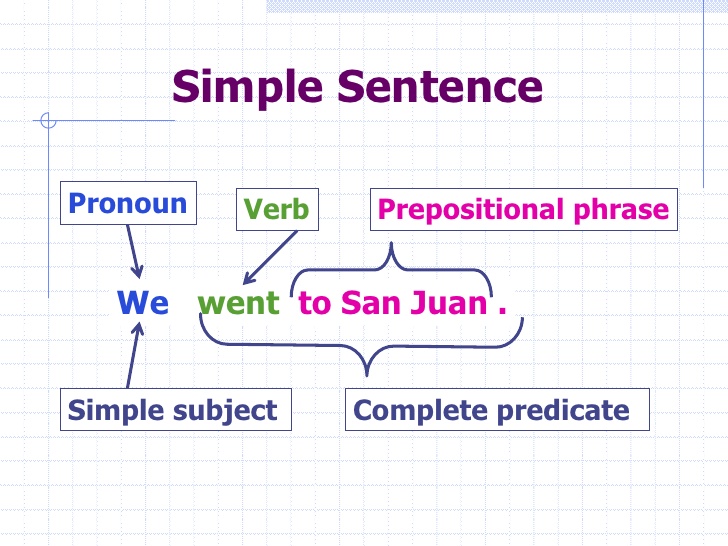
We learn what a nouns are, what verbs are, what adjectives are, what pronouns are, and where they go in a sentence.
Now we don’t even have to think about it. It’s all natural to us.
The language learning process is very systematic and structured.
Can you imagine trying to learn a foreign language without knowing words?
Without knowing how to form sentences?
Without knowing how to pronounce words?
You’re doomed to fail.
In jazz I never learned jazz tools. If you ask me why, I couldn’t tell you.
Nothing has really changed much in jazz education.
I never had anyone truly teach me jazz tools.
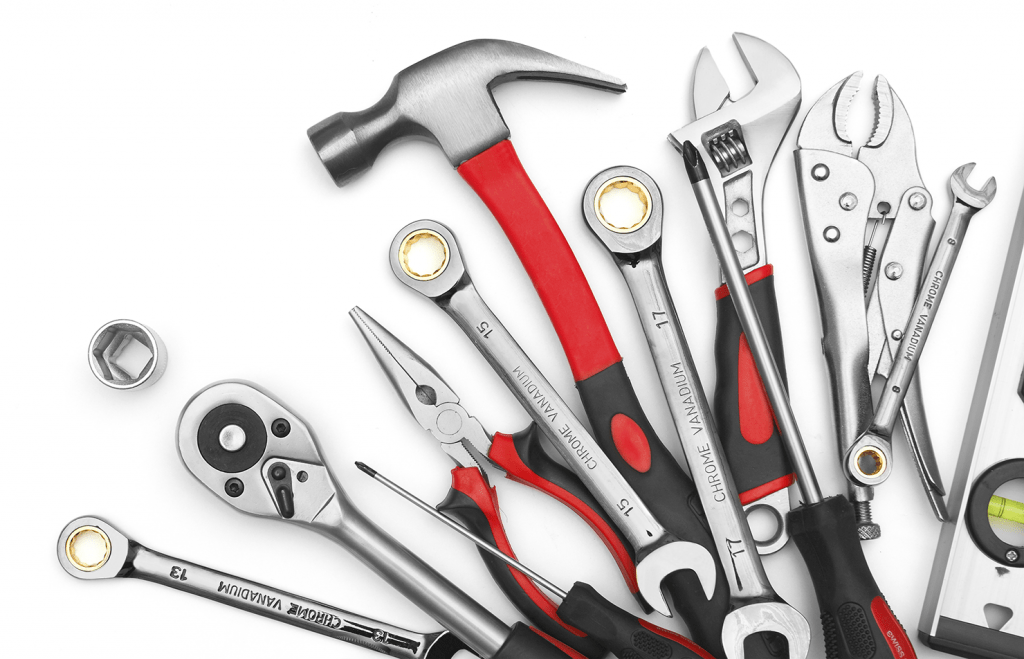
If I had, I would have stopped stinking it up a long time ago.
Jazz tools are the keys to unlocking your true freedom at jazz piano.
Jazz tools give you the necessary components to sit down and express yourself exactly how you want.
That’s what we’re all looking for, isn’t it?
7. Practice The Same Stuff The Same Way And Think You’re Going To Get Better
I practiced most of the same things over, and over, and over, and over, and over again!
Most of this was because I didn’t get much direction on what to practice or how to practice.
I got SHOWN what to play, but there is a big difference there!
Being SHOWN what to play and being SHOWN what to PRACTICE.
Did I just blow your mind? I hope so.
Lots of people see what to PLAY, RIGHT?
Youtube, teachers demonstrating, masterclasses, etc…
But not many resources really teach you WHAT to PRACTICE!
And especially don’t teach you WHY, but I think I’ve said enough about that already.
So what I did get from my teacher? I would just play over and over and over again like I said.
This got me no where. It brought my around in circles.
It felt like I was making progress week to week because they would always change something slightly different, or show my this new cool way to play a tune.
But I later realized I was never reallllyyyyy PRACTICING anything with substantial quality that will allow me to make progress.
So this resulted in me practicing the same thing over and over again.
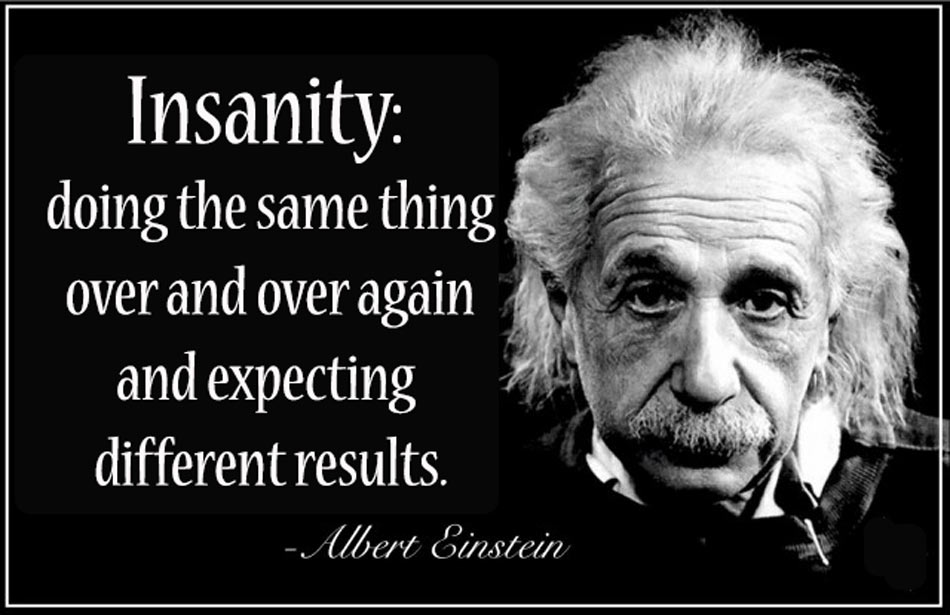
Now if you feel like you’re doing this… STOP immediately.
You need to practice exercises that are going to lead you to jazz piano freedom.
You need to practice jazz piano tools that are building blocks meant to deliver small, increments of progress.
This is how you tap into the power of practice and improve.
Again, I never realized this till much later so don’t make the the same mistake I did.
8. Learn Licks And Play Transcriptions Before Building An Improv Foundation
I feel like I’ve covered this a lot already but I really can’t stress it enough.
Here is how my experience went attempting to learn how to improvise.
I would learn licks or solos.
I would then try and play those licks or solos over a tune.
So in the tune I would improvise, and sound like crap all the way up to the one point where I waited to insert my lick…
Then I would play the lick, obviously sounding cliche and out of place, then go back to sounding like crap.
Have you shared similar experiences?
Licks never TAUGHT me how to improvise.
Playing solo’s never TAUGHT me how to express myself freely over jazz tunes.
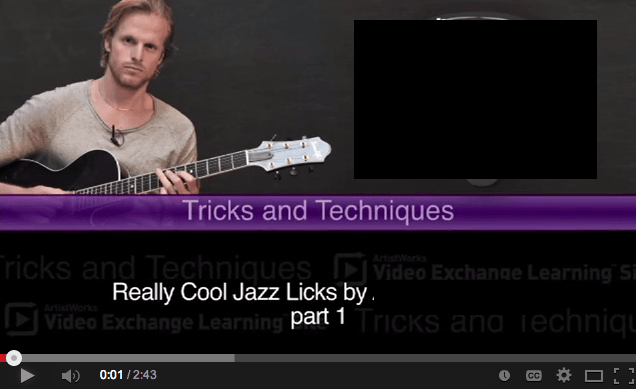
And that’s all I wanted! I wanted to freely express myself spontaneously!
I believe this is what we’re all looking for to some extent.
A way to express our soul through jazz piano.
All I can say is learning licks never did this for me.
I later realized I needed to learn improvisation building blocks- like legos, if you remember the last post.
I needed to learn how to use these lego building blocks and piece them together.
It was only after I stopped copying licks, and started really focusing on improv building blocks that I began to make progress at improvisation.
Which then led me to being able to freely express myself.
Learn building blocks first, my friends. Then you’ll understand how to make licks you’re own.
9. Constantly Search For A Golden Nugget
We’re all wired to want everything quick in life.
Especially in this day in age where information is so direct.
I can buy something in less than a minute.
Jazz piano is similar.
Because of our desire to play well, and want to play the coolest things our ear likes, we tend to want to learn how to play something as quickly as possible.
This means we copy. We don’t LEARN.
We learn how to play the notes, but we don’t learn the why, we don’t learn the how, and we have ZERO relationship to the actual music of what we’ve learned.
All we have learned is how to press down specific notes on a piano to get something that we wanted.
I did this for years. YEARS!!!
Because of my passion and obsession to learn jazz piano, I wanted everything as fast as possible.
What did this lead too? Mostly confusion, no skills, and no understanding of how to play freely.

I can relate this best to the Karate Kid.
Daniel goes to Mr. Miyagi to learn to be a karate master.
Daniel wants to learn all the cool karate moves, and be able to win in a fight.
What does Mr. Miyagi have him do first?
Sweep the floor and wax the car! haha
Can you imagine?
But there was a real purpose behind this.
Same with jazz. We must develop patience. We must stick to the fundamentals first, before we jump ahead.
All the videos I watched on youtube weren’t actually teaching me jazz. They were shiny objects I wanted that were distracting me from truly focusing on learning the craft.
Now like I did, some of you may be wondering, “but how, and where do I focus on the jazz piano craft?”
Don’t worry, I’ll be talking about that very shortly!
But don’t chase the shiny object, it’ll only lead you down a path of distraction.
10. Over Complicate The Education
Because of the way jazz piano was taught to me I tended to bounce all over the place.
I would be playing voicings one day, watching a youtube about reharmonizing the next, taking a lesson about modes the following day and so on. This cycle would continue.
I never made any true solid progress with this path.
Everything was just too… complicated.
I needed to focus on one thing, on one step. Then focus on the next thing, the next step.
But that is so far from what happened. And I only wish I hadn’t over complicated things.
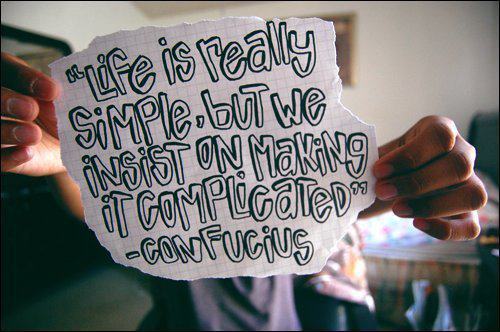
Part of the complication was inflicted by myself because I was always chasing the shiny object without looking for structure.
The other reason was the scattered bits of information I was receiving from my teachers and other resources.
Learning jazz piano doesn’t have to be complicated if we don’t want it to be.
You should crave structure, direction, organization. You should know exactly what to practice and focus on making consistent progress.
The discipline of moving step by step will guarantee you jazz piano success.
Unlike me, who bounced around for 15+ years before really settling in to a structured plan of attack…
You have an opportunity to learn in a structured and easy manner today.
If you take a second and think about the way you’ve been approaching your learning and it seems at all wishy-washy or ambiguous, I urge you to lay out a plan.
Know exactly what that plan is.
I’ll get to that right below.
Again, this would have saved me thousands of dollars and literally years off my journey.
Another huge mistake I made was over complicating my education and not learning with a plan.
The “Simple” Alternative
If you’ve read these two posts, I’m sure you have a significant understanding of the chaos and swamp of stress I’ve traveled through.
Jazz piano education has consumed my entire life for a little over 27 years and trust me, most of it was not fun.
With that said, I’ve extracted all the necessary jazz piano tools in order to help those looking to do it faster… And I mean way faster.
It eliminates all the guessing and gets you the results you need fast.
We are all looking for jazz piano freedom, but honestly, who wants to go through what I did, and described above?
No one! And that’s exactly why I created the JPS Lab: to provide students with the most important & relevant tools in order to quickly reach your goals.
And the beauty of it is, these upgrade tools can be used for someone at any level.
If you want quick and easy Upgrade Formulas that will transform your playing and give you all the “Must Know” jazz piano tools, you need the Jazz Piano School Lab.
Just click the banner below now!
If you want to easily pick which jazz piano skills to instantly upgrade, then click above right now. You’re going to love this because it will be the best education you’ve ever had.
Do you have jazz piano learning horror stories of your own? Tell me your story below…


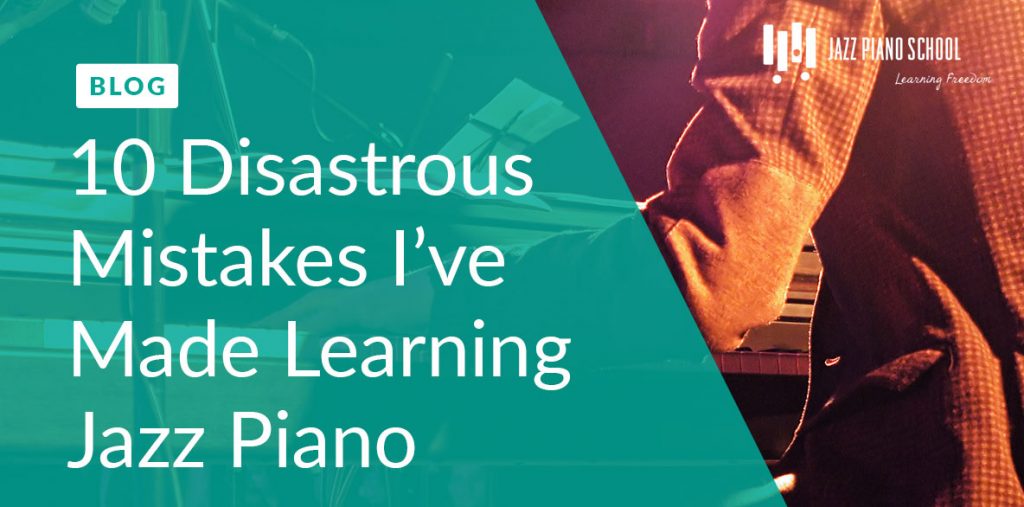
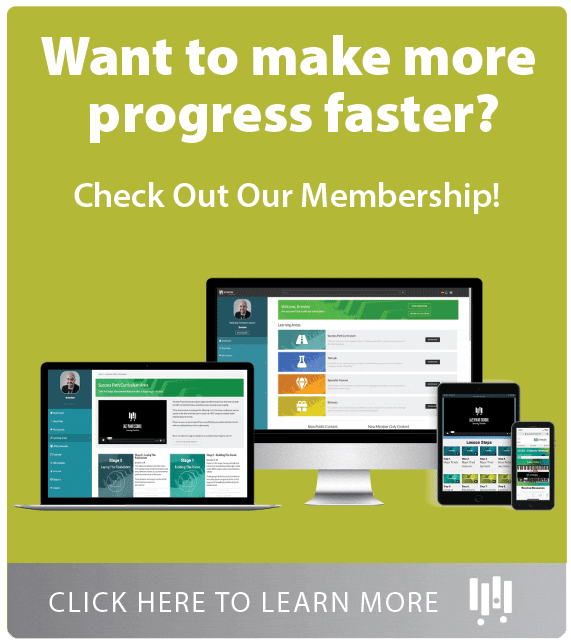
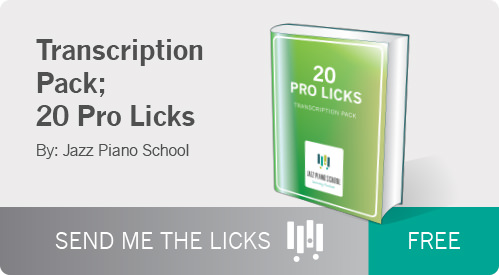
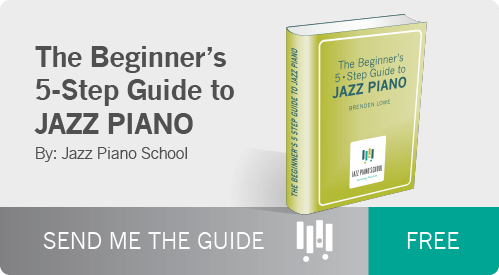
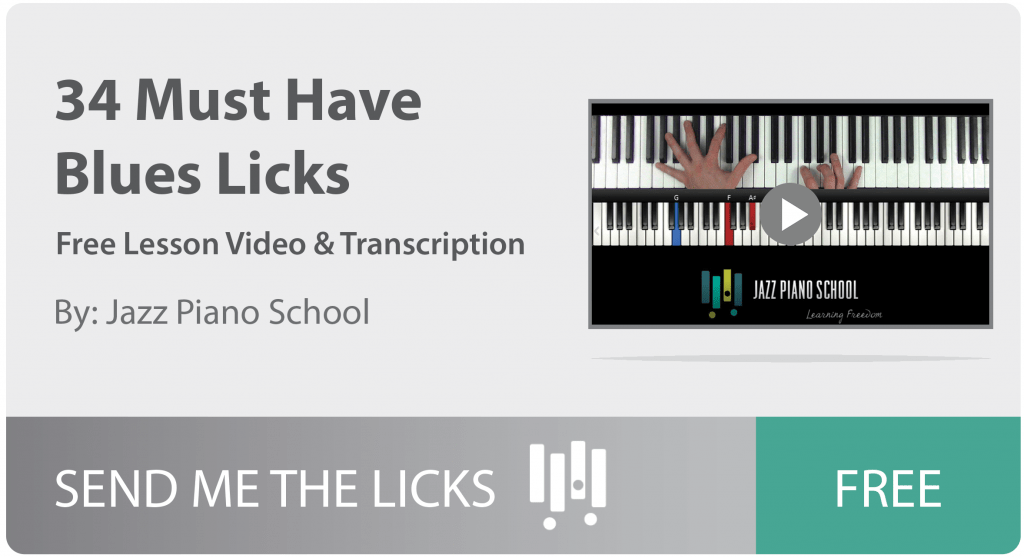
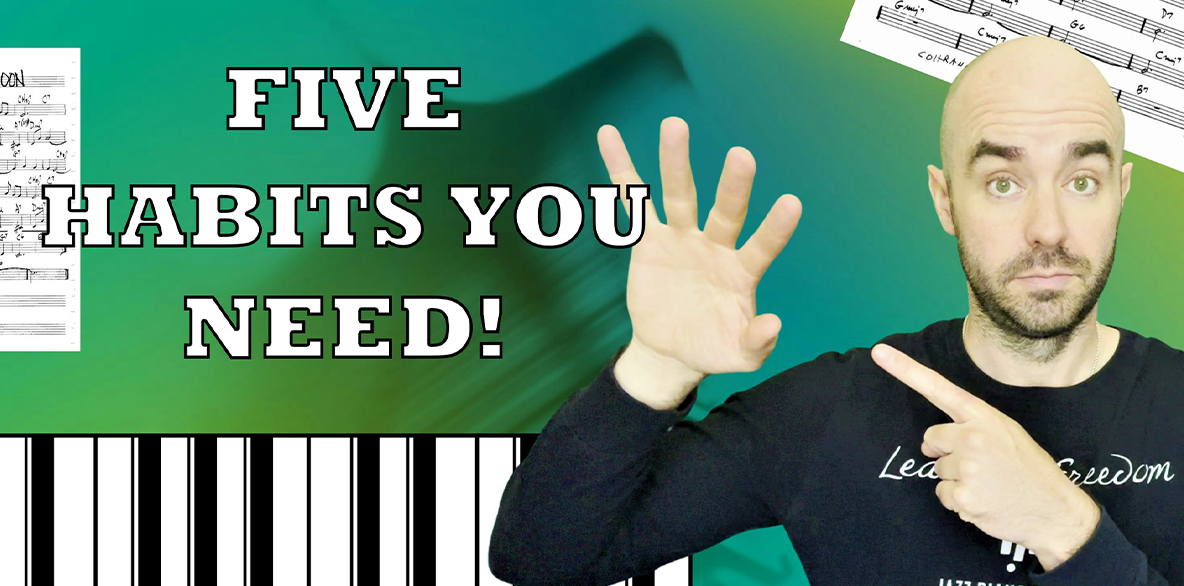
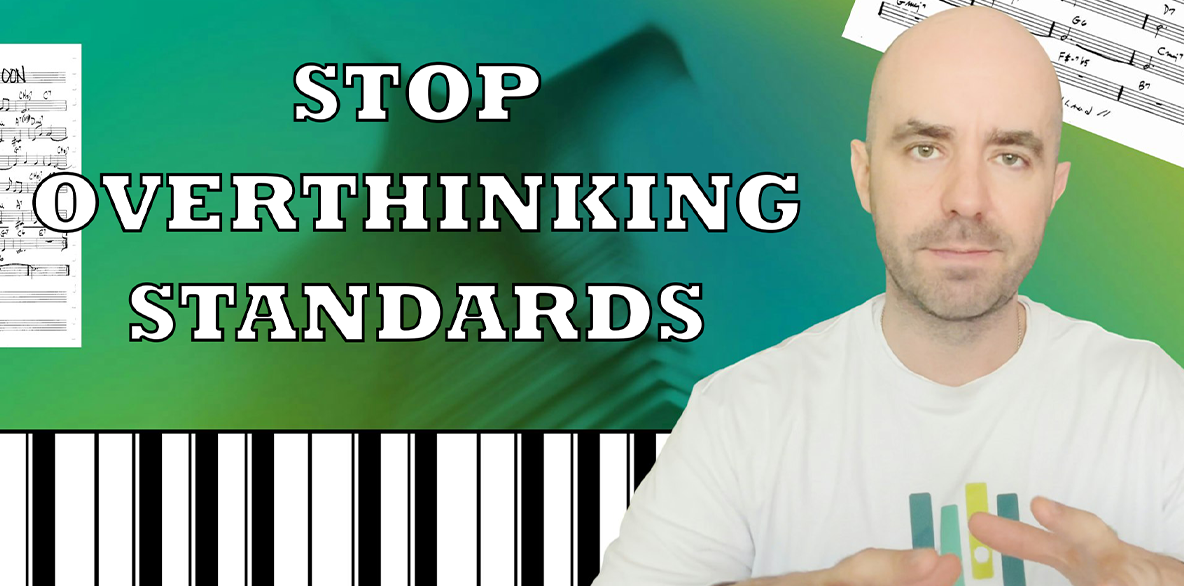
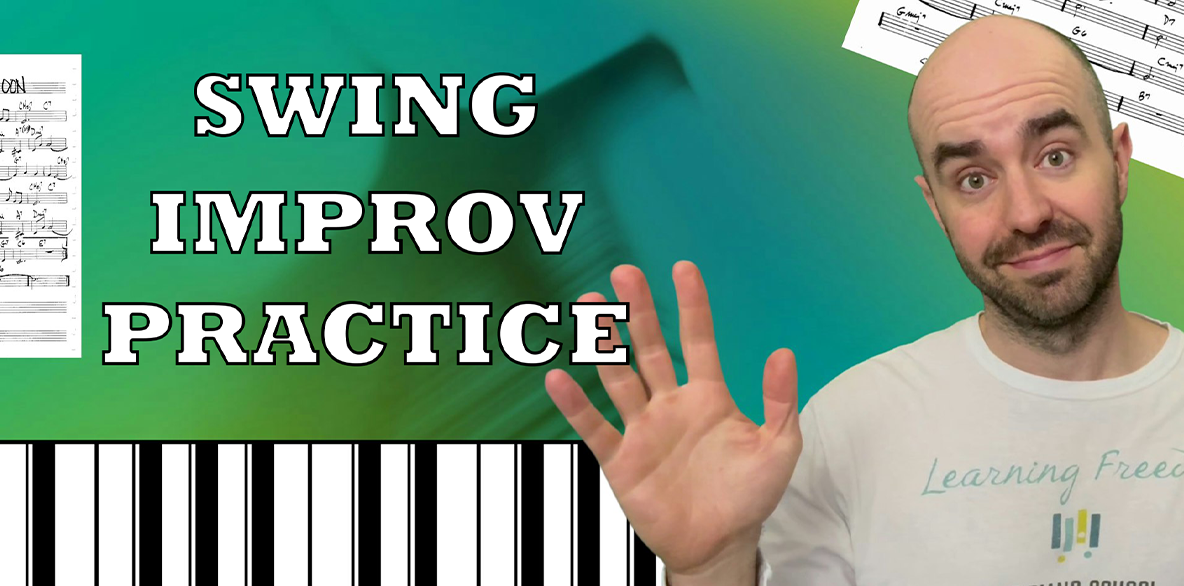
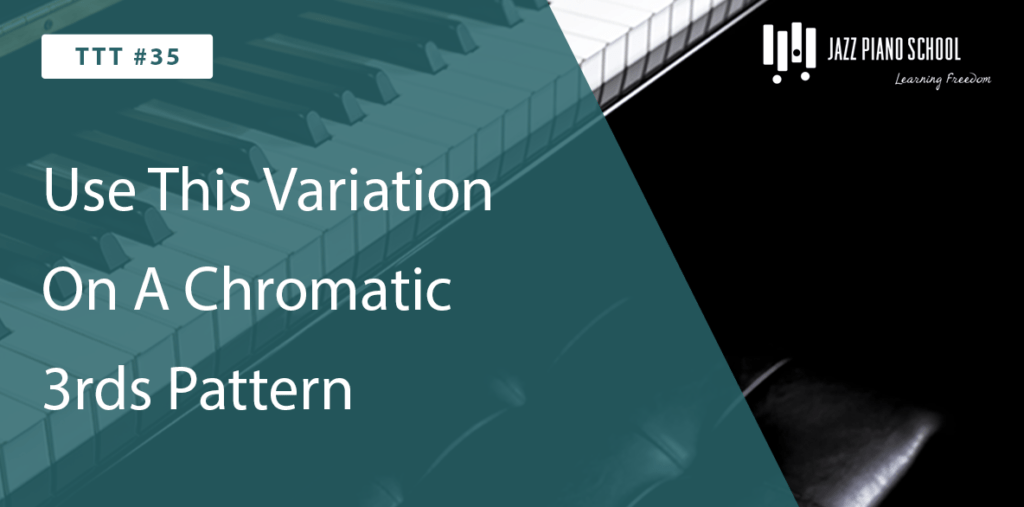
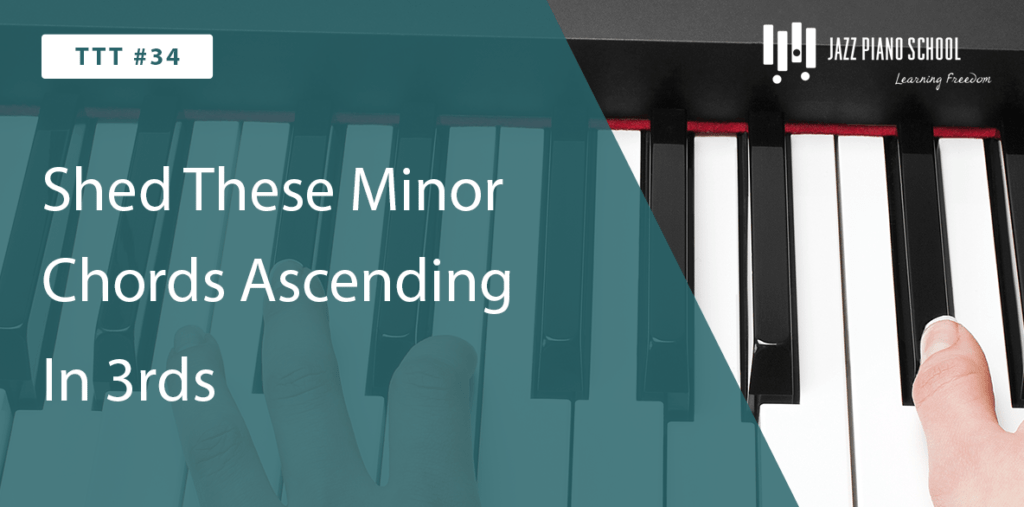
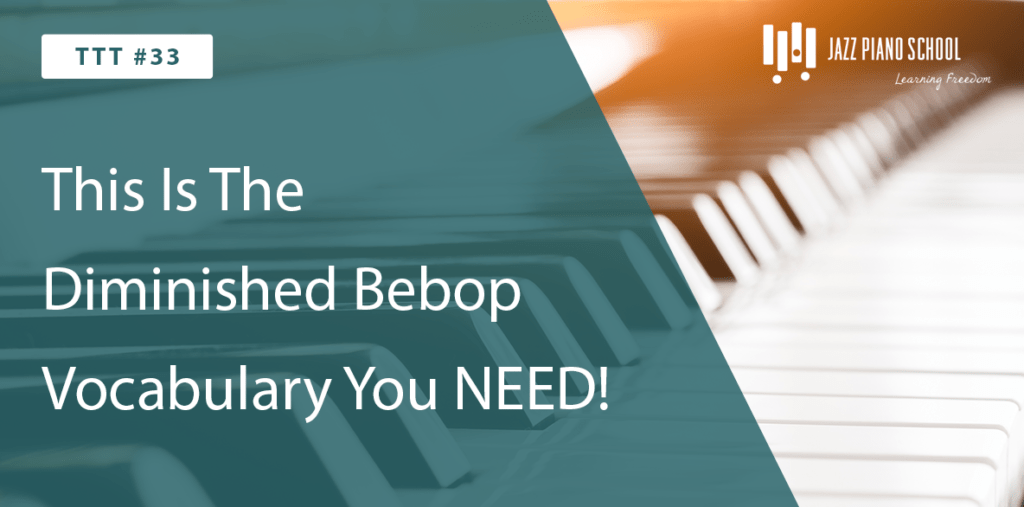


10 Responses
Nice article &
Helpful
Thanks
Thank you so much for all your information really help alot in my life.
I’ve taken lot of detours in learning jazz. Some of time was able to make progress thru combination of teachers, music theory classes, and jazz writers. Made progress but there were a lot of holes. For the past year have been using your teachings on you tube and finally feel that I’m on track. Would have been happy to have taken a more direct route. bonnie
Almost 40 years and I’m still at the beginning. Trial and error doesn’t work!
Thank you for sharing this. this will really help me in my piano learning. I am learning piano at the age of 52 with the help piano lessons which my husband recommended these ones https://musicgny.com/piano-for-all-review/ Thing is at my age learning piano is not easy but I like this instrument and hopefully one day I’ll be able to learn it fully. Articles like these really help people in learning piano. I again thank you for this.
No problem Allison! It’s my pleasure. Glad it could provide some insight. Let us know if you need anything at anytime. We’re always happy to help!
wow this is exactly what im going through smh
Thanks for relating Brandon! Nice name by the way. lol I appreciate your comment. Please let me know if I can help in anyway. Best!
Well.. Guess how all of your jazz piano idols have been learning to play the piano? By listening and copying!! How re you learning a new language? Learn grammar and vocabulary, which means learning the same stuff over and over again..